You know the Conservative party is in trouble when it does not dare use its name on leaflets. Instead, it took a two-pronged approach in the last two general elections: a presidential campaign for the national media and local politics for the doorstep. With the Tories now 20 points behind Labour, it seems the strategy for next year’s general election is to once again go easy on the Conservative brand and emphasise the local-hero credentials of the candidates. All they need is to find some local heroes.
‘Voters want someone who is going to fight for them and that’s an easier conversation to have if they are a local resident,’ says one newly picked Tory candidate. It’s a calculation that associations are making across the country. The journalist Michael Crick has been monitoring selections as part of his Tomorrow’s MPs project; he calculates that nearly two-thirds of Tory nominees are current or former councillors. All politics is local in 2023. MPs are expected not just to live in their constituency but spend their week on its casework. ‘We’ve gone from legislators to super-councillors,’ says one senior Tory.
Whereas David Cameron’s team spent years finding and pairing ‘A-list’ candidates with winnable seats for the 2010 and 2015 elections, the snap elections of 2017 and 2019 meant Tory HQ had to rush to find people and often parachuted in outsiders. Recent SW1 psychodramas, the defenestration of Boris Johnson and the swift replacement of Liz Truss by the man she defeated a month earlier in a grassroots vote have left Tory members wary of the ‘creatures of Westminster’.
Members’ enthusiasm for non-Westminster candidates can partly be explained by the main threat in many formerly safe seats: the Liberal Democrats, masters of local politics. ‘We want to use the by-election playbook across the Blue Wall,’ says one Lib Dem insider, encouraged by the party’s victories in Chesham, North Shropshire, Tiverton and Somerton. The Lib Dems’ focus has been on early selections of respected community figures, raising their profile and finding a local twist on national issues: the NHS, cost of living and sewage. They are targeting the 34 seats in the south-east where they finished second to the Conservatives in 2019. Seats with a Tory majority of 2,000 or less were asked to find a candidate at the earliest opportunity to enable ‘an 18-month by-election’. There have been savvy selections in places such as Wimbledon and Winchester, where the local vet was chosen. New seats offer new opportunities too. In the freshly created constituency of Harpenden and Berkhamsted, the Lib Dem candidate has been bombarded by invitations to events by constituents who mistakenly believe she is the sitting MP.
A party solely comprised of local candidates can pose problems. For one thing, the ‘favourite sons’ being chosen do have a tendency to be sons. The proportion of female candidates selected is even lower than the proportion of women on the current Tory benches (one quarter female). Although Tories like to mock Labour’s policy of all-women shortlists, some Conservatives are concerned by the tendency of associations to select men in their thirties for plum seats which they could well hold for decades, especially when support for the party among female voters has collapsed. Women are now more likely to vote for Labour than men – a reversal of the post-war trend.
It’s not just that local candidates are seen as more attractive, the barriers to outsiders have been fortified. The necessary wining, dining, networking and travel prior to a selection meeting eat into the budgets of plucky hopefuls. One unsuccessful candidate puts their lost potential earnings at around £20,000. Others talk darkly of local stitch-ups, whereby members are presented with a weakened field to pick from.
‘In a macro-sense, it’s a death knell for the party,’ says one Westminster insider of their party’s recent choices. ‘It’s local mediocrity and nepotism at the expense of talent. These are supposed to be the future leaders of the country.’ Some Tories say the 2019 intake of MPs – some of whom are quitting or defecting – is a taste of what is to come. ‘Who is going to be doing this job in ten years’ time?’ asks one greying minister in the middle ranks.
The inclusion of Iceland boss Richard Walker on the candidates’ list was welcomed as a sign of ambition, but it’s a far cry from the days of Cameron’s A-list and perhaps a recognition that the Tory party has lost much of its appeal for people who want to enter politics. One leading London lawyer enthusiastic to stand was dissuaded from applying by the demanding canvassing expectations of Conservative Campaign Headquarters.
Rishi Sunak, himself a relatively new MP, having been elected in 2015, has no great love of or interest in the politics of party candidate selection. But others certainly do. MPs in the Conservative Growth Group are seeking to support free-market enthusiasts in future selections, rather than those who, like certain Red Wall Tories, appear to see politics as a means of wangling greater state spending for their constituencies. ‘The new intake have been small-scale socialists,’ complains one cabinet member. ‘Once, Tory MPs’ groups were about ideas. Now, they all want bribes.’
Rupert Harrison, Katie Lam and Nick Timothy fit the tradition of senior advisers moving into politics. But there are not many others. For ambitious outsiders, their best hope is to tour the circuit until the right seat comes up. ‘It’s a numbers game,’ says one serial applicant cheerily. Tory associations are, as one chairman puts it, ‘funny things’ where members cherish the right to pick the candidate they want. Much like dogs and owners, their idiosyncrasies are often reflected in their choice of MP. Twenty years ago, Boris Johnson’s talents wowed the burghers of Henley but failed to move the members of Rayleigh. They chose Mark Francois instead.
How will such people shape a Tory party that, on current polling, is projected to be reduced to just 135 MPs? If this bleak prediction comes to pass, then much will depend on the quality of the happy few. It’s one of the many scenarios that the Tories, facing a stubborn 20-point deficit in the polls, prefer not to think about.
Got something to add? Join the discussion and comment below.
Get 10 issues for just $10
Subscribe to The Spectator Australia today for the next 10 magazine issues, plus full online access, for just $10.
You might disagree with half of it, but you’ll enjoy reading all of it. Try your first month for free, then just $2 a week for the remainder of your first year.


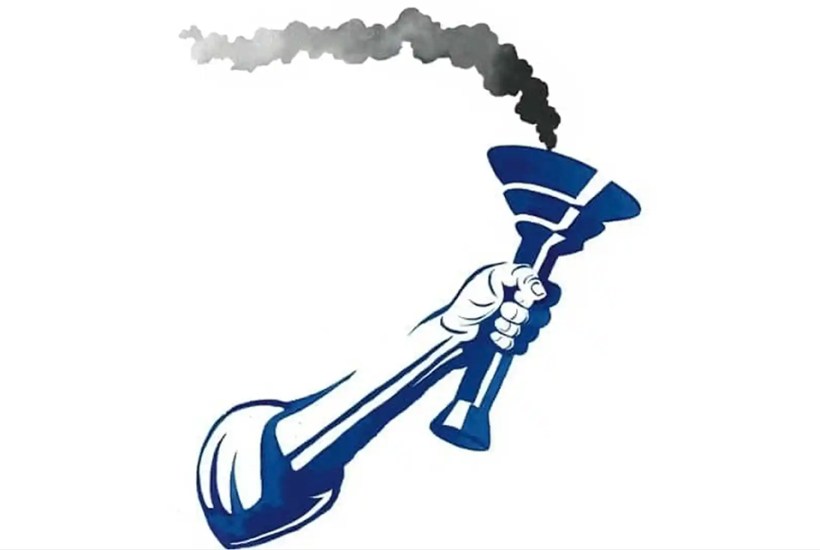
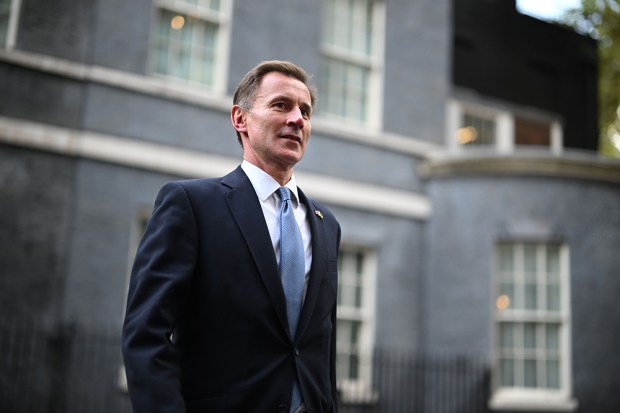
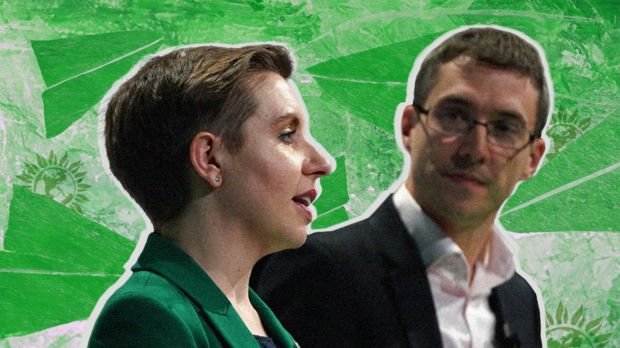
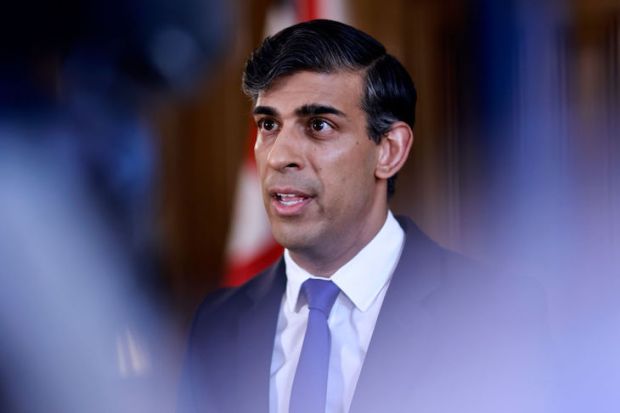
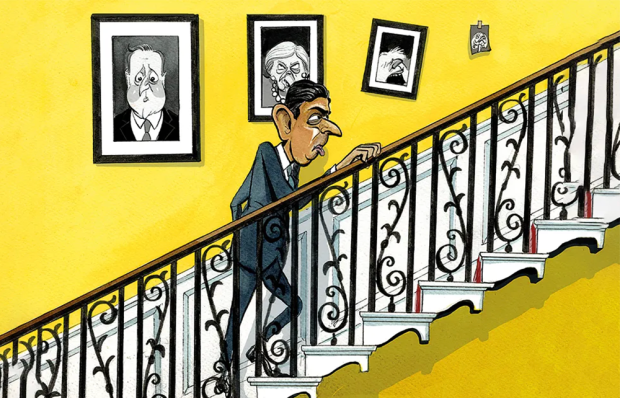
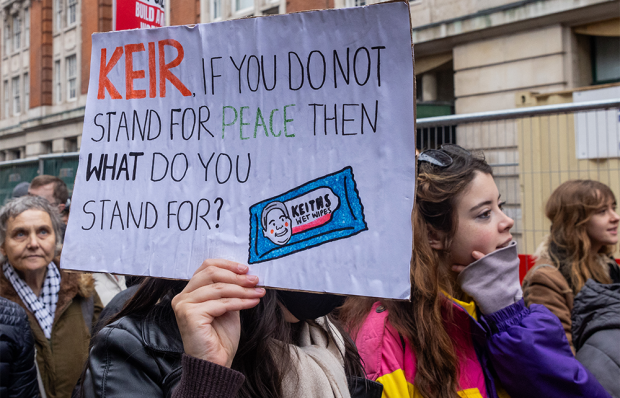
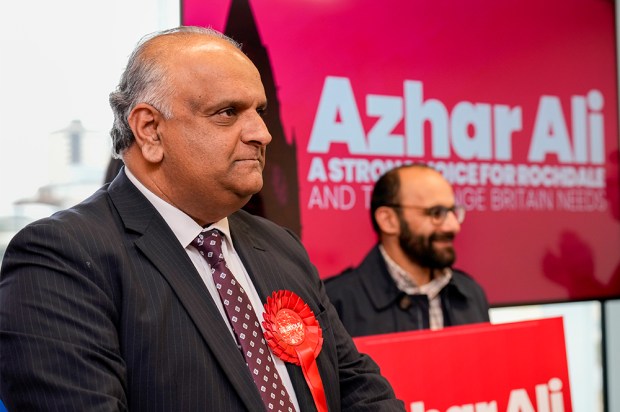






Comments
Don't miss out
Join the conversation with other Spectator Australia readers. Subscribe to leave a comment.
SUBSCRIBEAlready a subscriber? Log in